Indianapolis Zoo announces finalists for new Emerging Conservationist Award
The Indianapolis Zoological Society announced finalists for a new award recognizing an early career conservationist under the zoo's global Indianapolis Prize program.
A review committee for the Indianapolis Prize today revealed the names of the 10 finalists for the inaugural Emerging Conservationist Award. The new award will recognize a conservationist under the age of 40 “with a talent and drive to make a significant impact on saving an animal species or group of species.”
“The Emerging Conservationist Award marks an important moment in the evolution of the Indianapolis Prize,” Rob Shumaker, president and CEO of the Indianapolis Zoological Society, said in an email. “This new award will empower the next generation of conservationists as they conduct their essential work to protect species. It is an honor to support these dedicated and inspiring individuals.”
The winner of the Emerging Conservationist Award will receive $50,000 to further their work.
The prize committee required applicants to the Emerging Conservationist Award to be engaged in conservation with direct field work and have a background that will lead to the success of saving a species or group of species.

The winner will be announced in April, about a month after the Indianapolis Zoological Society announces the nominees for the biennial Indianapolis Prize.
The Indianapolis Prize is widely considered to be the biggest honor in the animal conservation community. The zoo began the Indianapolis Prize program in 2006 and has honored eight conservationists from across the globe so far. Each Indianapolis Prize winner receives a $250,000 award and the five finalists receive $50,000.
The Indianapolis Prize review committee has selected the following 10 finalists, listed in alphabetical order, for the Emerging Conservationist Award:
Alejandro Arteaga – Ecuador
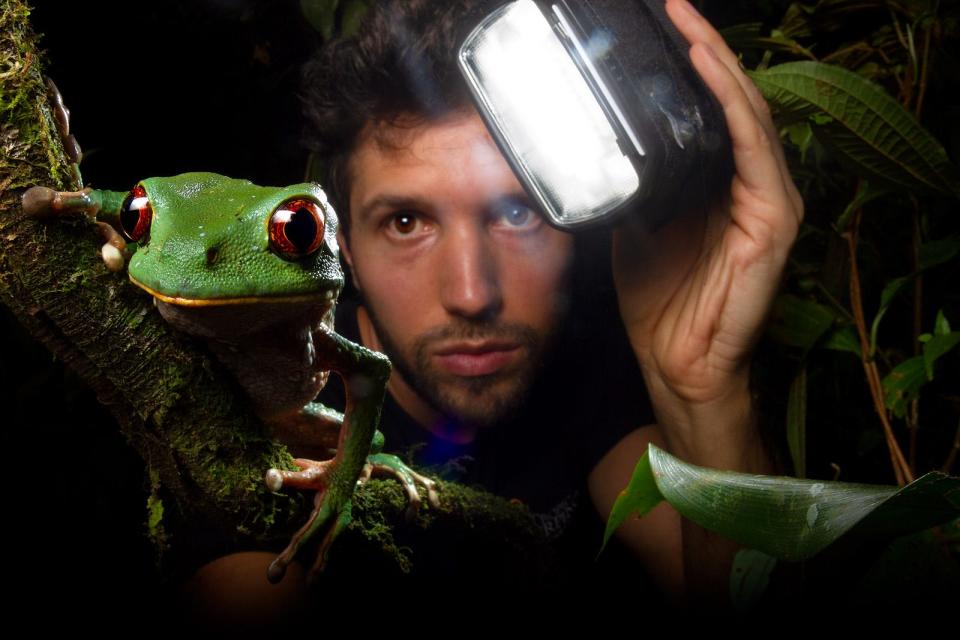
Arteaga is a biologist, conservationist and wildlife photographer who co-founded a touring agency, Tropical Herping, which specializes in nature photography trips and tours throughout the tropics. Focusing his research on tropical amphibians and reptiles, Arteaga has discovered and described 20 new species and raised enough funds to save nearly 262 acres of Chocó rainforest in Ecuador.
Sergio Balaguera-Reina – United States
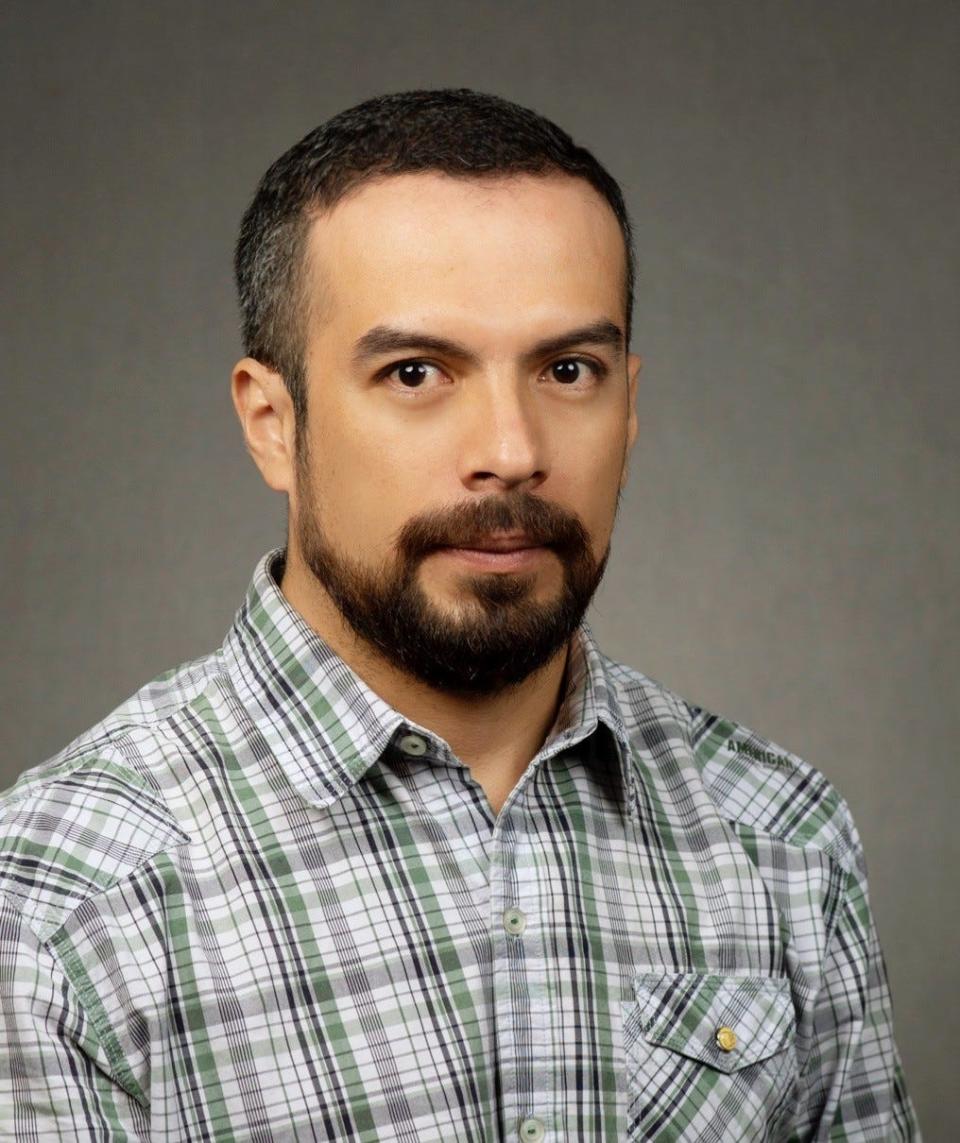
Balaguera-Reina, working from the Fort Lauderdale Research and Education Center at the University of Florida, is a conservation biologist focusing on the structural and functional roles crocodilian species play in aquatic and coastal systems. Balaguera-Reina also develops conservation plans that provide support for other species as well as the habitats and landscapes they inhabit.
Fanny Cornejo – Peru
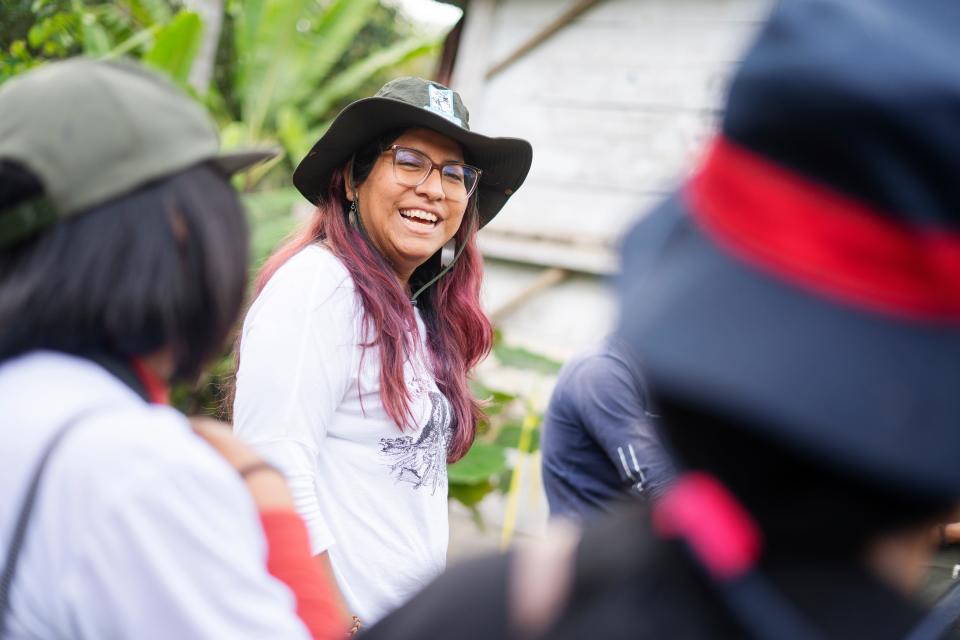
Cornejo, a primatologist and anthropologist, is the director of the Rainforest Partnership that works with Amazonian and Andean communities providing technical support and educating others on natural resources and human populations. Cornejo also founded Yunkawasi, which focuses on advancing conservation in Peru.
Akbar John – Malaysia

John is a conservation scientist and associate professor at the Institute of Oceanography and Maritime Studies within the International Islamic University Malaysia. John’s work focuses on the science and conservation of horseshoe crabs in Southeast Asia. John also established a facility that tracks global horseshoe crab biology and serves as a referral sources for future horseshoe crab research.
Corinne Kendall – United States
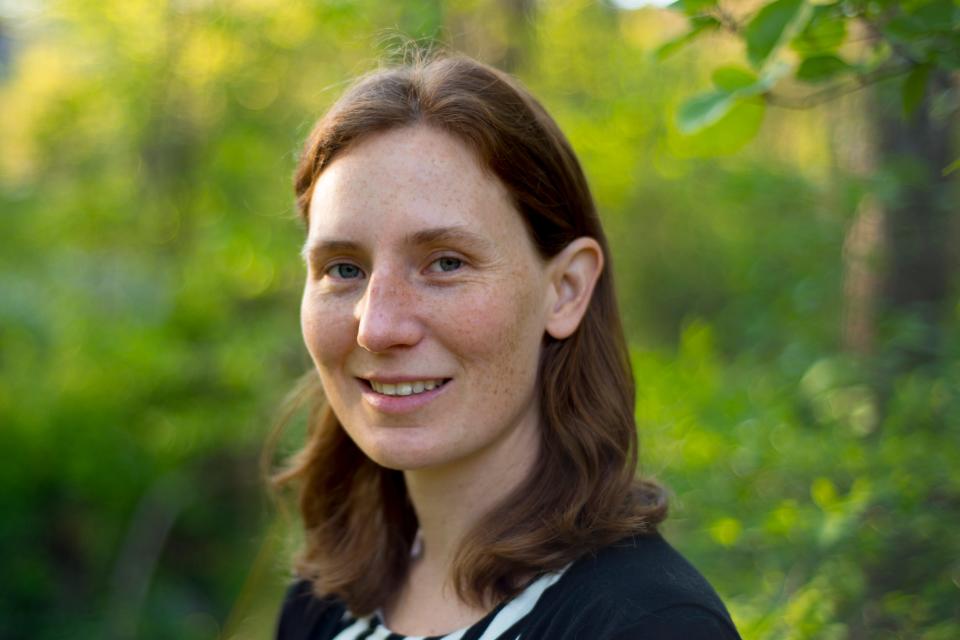
Working from the North Carolina Zoo, Kendall launched the first effort to protect vultures in the Southern Highlands of Tanzania. Kendall founded the Association of Zoos and Aquariums’ African Vulture Saving Animals from Extinction Program that developed a tool to discover poaching and poisoning activities in real time based on the movements of vultures, which are fitted with tracking tags.
Arthur Bienvenu Muneza – Africa
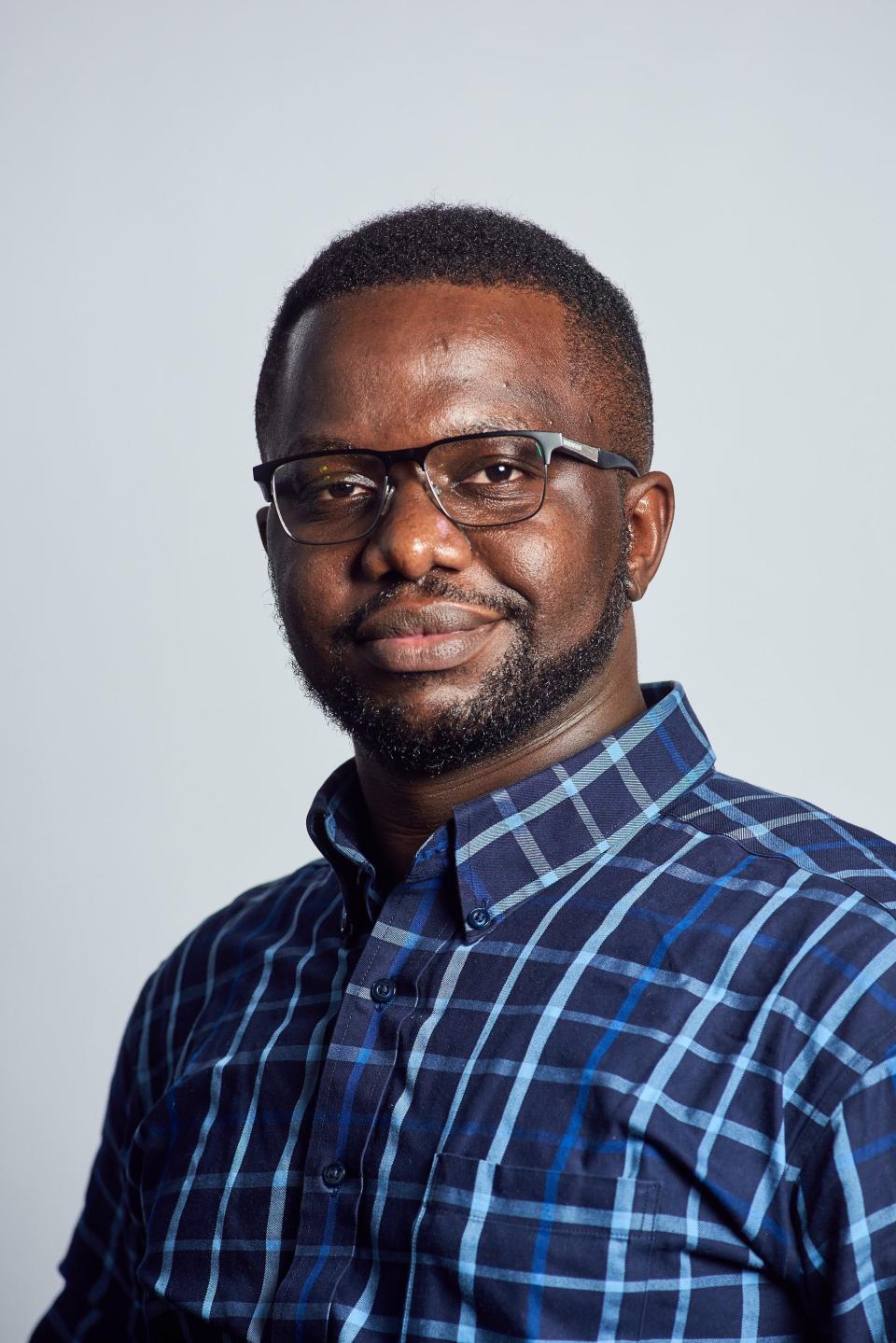
Muneza is a wildlife ecologist with the Giraffe Conservation Foundation and investigates the factors affecting the survival and reproduction of giraffe populations across East Africa by calculating abundance, mapping disease ecology, assessing sources of mortality evaluating predatory interactions with lions all while studying these occurrences across different regions.
Megan Murgatroyd – United States
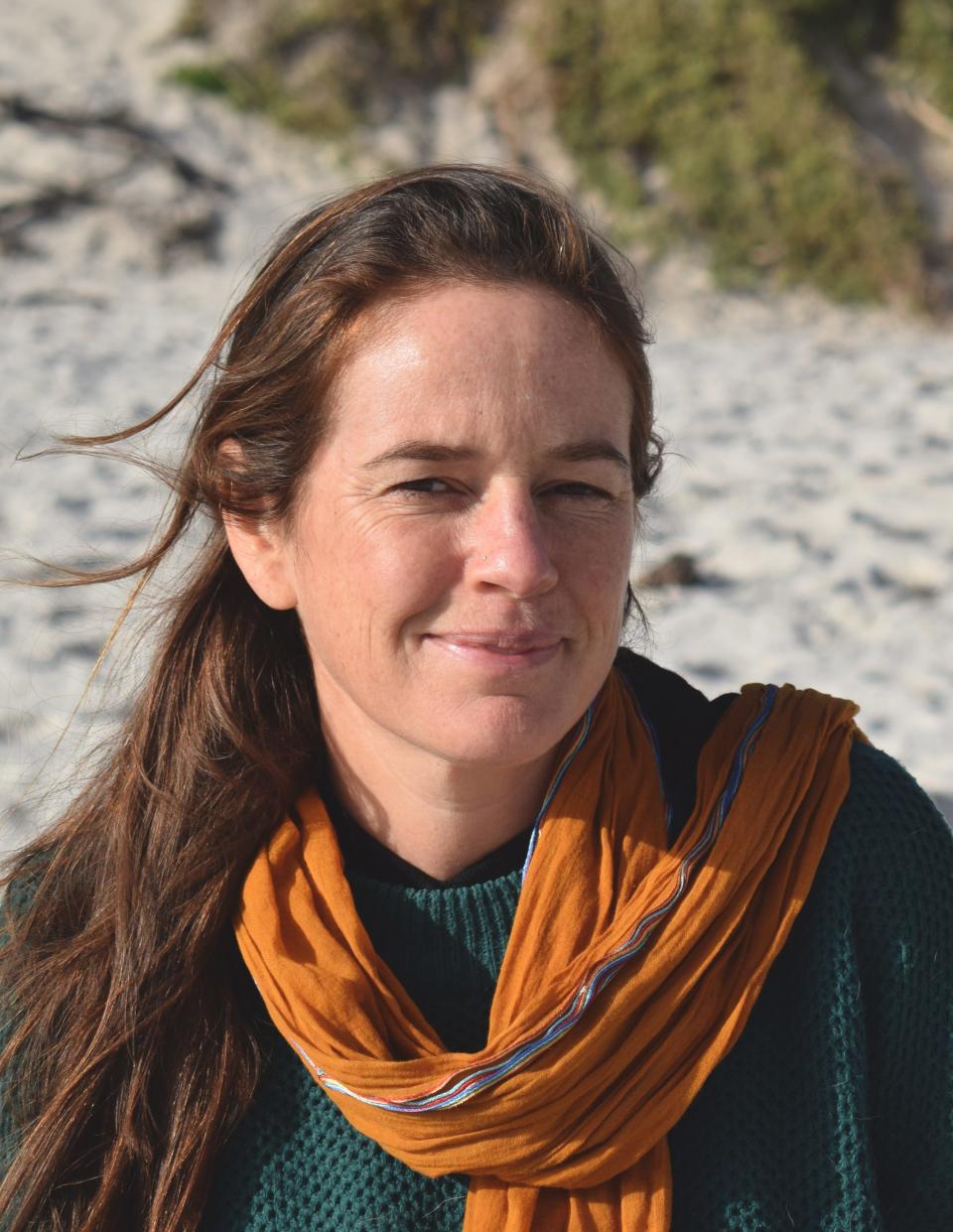
A conservation biologist with HawkWatch International, Murgatroyd works to understand and conserve the most understudied and threated raptors across the globe. Murgatroyd investigates land-use changes on Verreaux’s Eagles and monitors GPS tracking to understand and predict wind turbine-collision risks for those eagles to try and minimize the negative effects of development on the birds.
Thái Văn Nguyễn – Vietnam
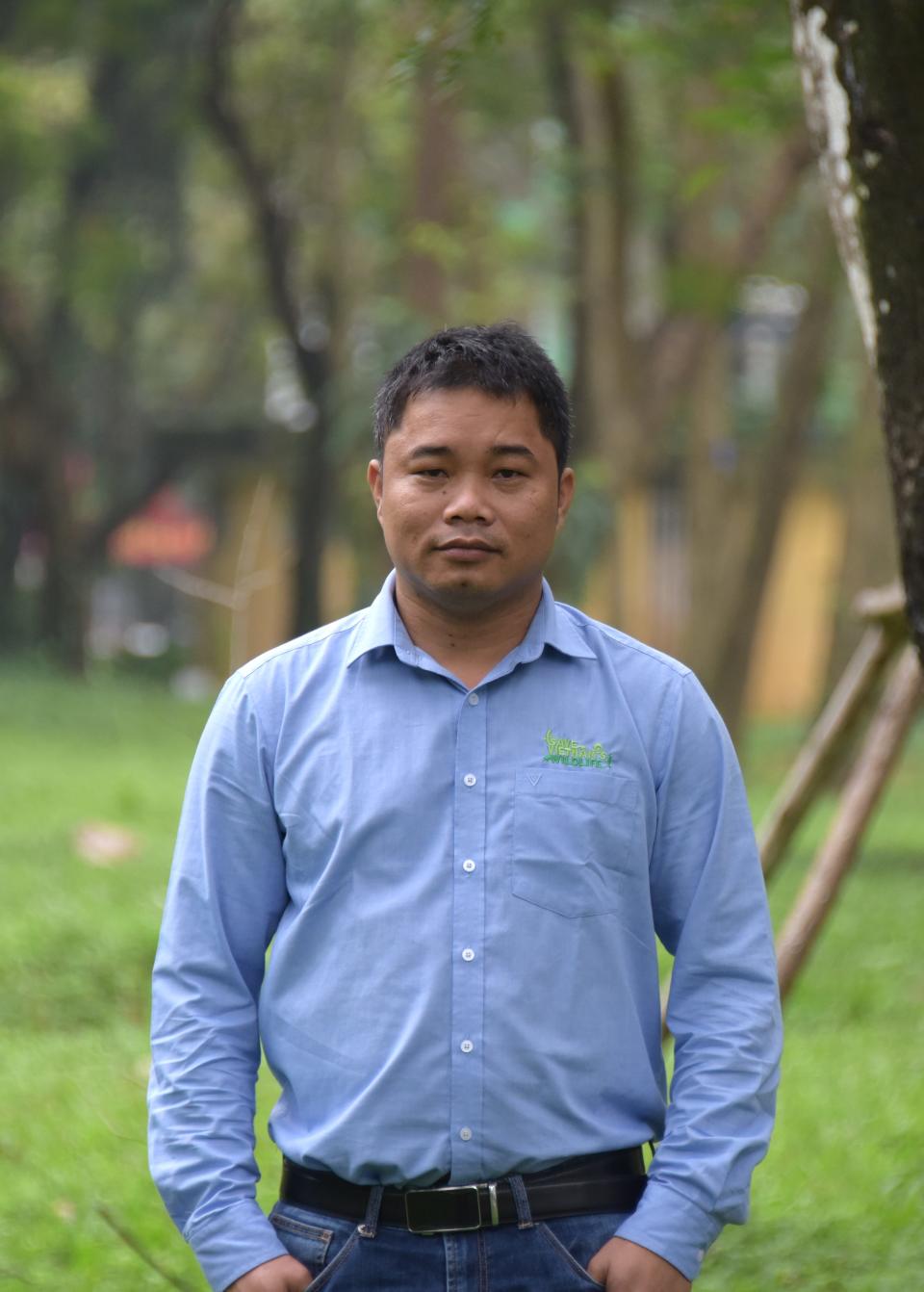
Thai founded the Save Vietnam’s Wildlife organization to stop the extinction and champion the recovery of threated species in the country, including the critically endangered pangolin. Thai also established the country’s first anti-poaching units, which have destroyed more than 9,700 animal traps, dismantled 775 illegal camps, confiscated 78 guns and arrested 558 people on poaching charges. These efforts led to a decline in illegal activities in PúMát National Park.
Olivier Nsengimana – Rwanda
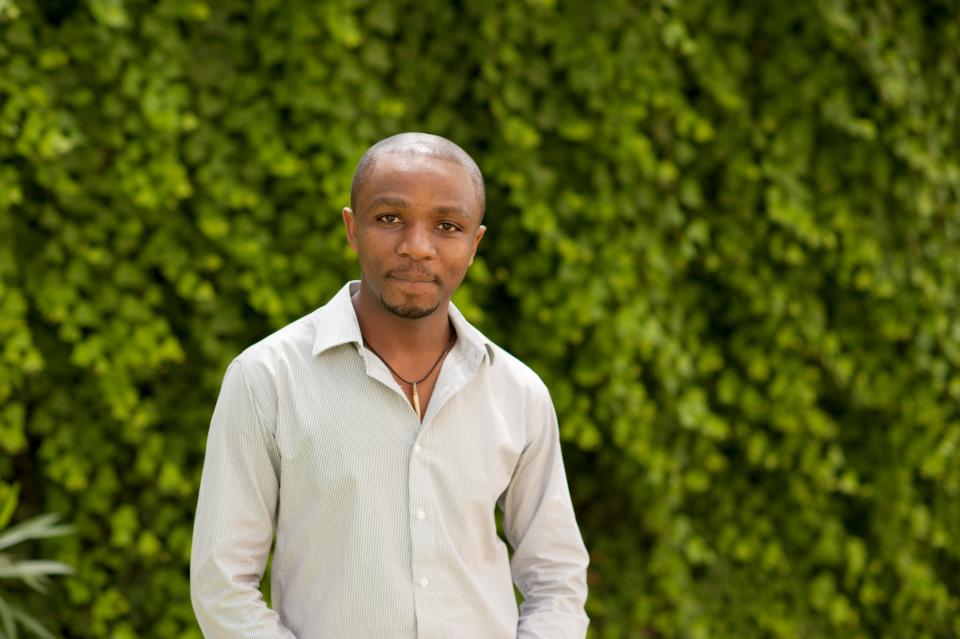
Nsengimana, a veterinarian, founded and now directs the Rwanda Wildlife Conservation Association that works to expand research and conservation connected to endangered or threatened species in the country. Nsengimana also designed and implemented a conservation project to save the endangered grey-crowned crane as well as created a database of illegally kept cranes, which led to 233 cranes being freed and 160 of those being reintroduced into the wild.
Stéphanie Vaz Nogueira Campos – Brazil

Vaz, from Federal University of Rio de Janeiro, is an entomologist who is dedicated to firefly conservation. Aside from being responsible for describing dozens of firefly species, Vaz has provided tools and resources to facilitate firefly identification in the Neotropics, an area spreading from the Mexican desert into South America as far as the subantarctic zone. During her research, Vaz discovered conservation units were not protecting firefly populations from light pollution.
Karl Schneider is an IndyStar environment reporter. You can reach him at karl.schneider@indystar.com. Follow him on Twitter @karlstartswithk
IndyStar's environmental reporting project is made possible through the generous support of the nonprofit Nina Mason Pulliam Charitable Trust.
This article originally appeared on Indianapolis Star: Indianapolis Zoo announces Emerging Conservationist Award finalists

